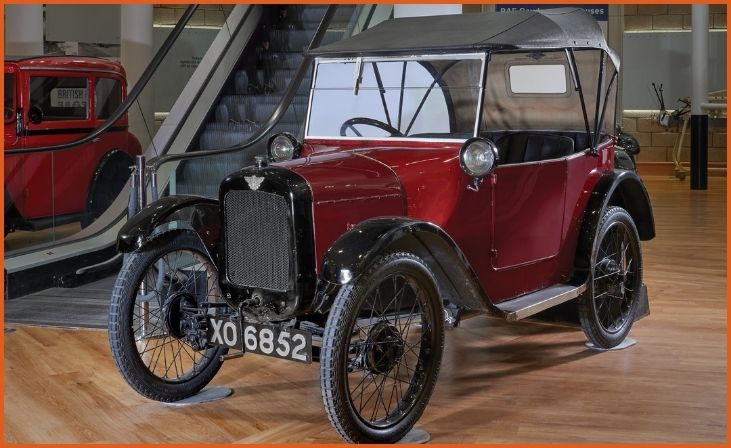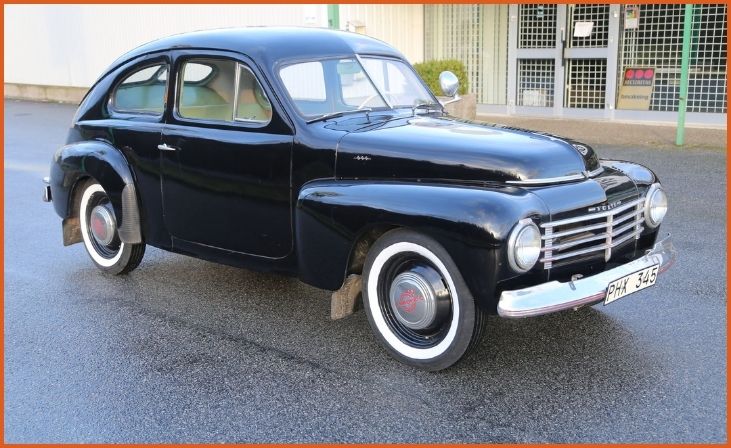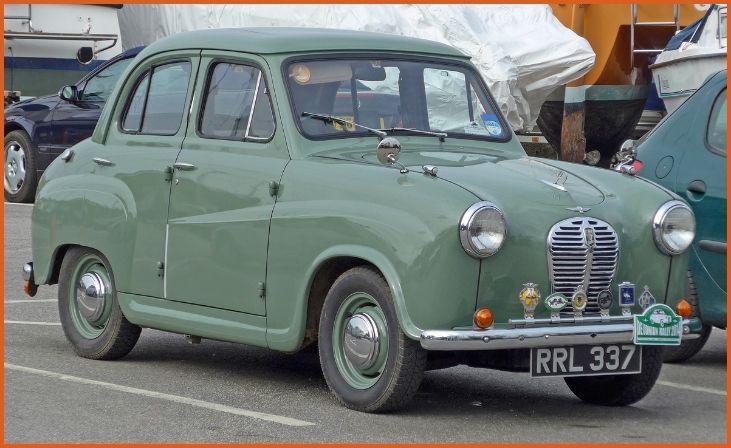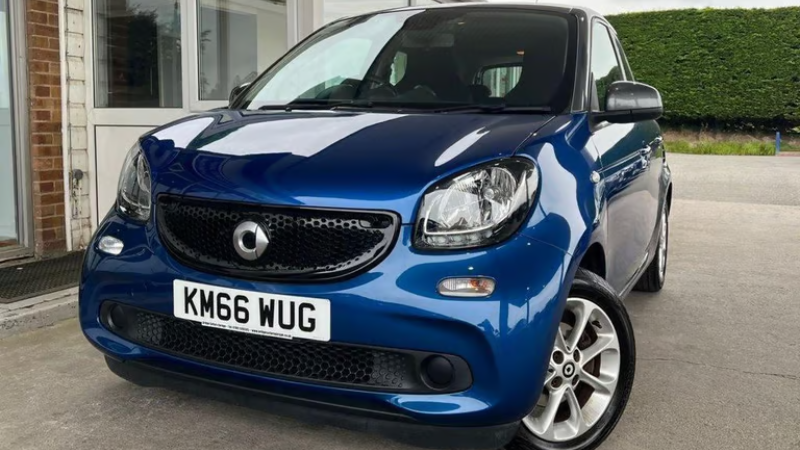Small cars have played a significant role in automotive history, providing affordable and practical transportation to millions of people around the world. From iconic designs to groundbreaking engineering, these cars have left a lasting legacy in the automotive industry.
Austin Seven (1922)

The Austin Seven revolutionized the British automotive industry by putting the nation on wheels, much like the Ford Model T did in America. Its compact design was so influential that it was licensed by BMW and Rosengart and even imitated by Datsun. The Austin Seven’s affordability and practicality made it a popular choice for many, establishing its place as one of the greatest small cars ever made.
Fiat Topolino (1936)
The Fiat Topolino, the original Fiat 500, was a game-changer in the small car market. This two-seater car, powered by a 569cc side-valve engine producing 13bhp, provided a viable alternative to walking or riding a horse. Its practicality and charm led to its production under various names, including Simca, in different countries. The Topolino’s impact on the small car segment was profound, making it a significant player in automotive history.
Volkswagen Beetle (1938)
The Volkswagen Beetle, also known as “The People’s Car,” became a symbol of affordable mobility. Despite its noisy air-cooled rear engine, the Beetle’s economical and practical design made it an instant success. With its unmistakable form and reliable performance, it sold 21 million units from 1938 to 2003, solidifying its status as one of the greatest small cars ever produced.
Renault 4CV (1947)
The Renault 4CV, affectionately nicknamed ‘the lump of butter’ due to its shape and yellow paint from the German Afrika Korps, was designed to be a cheap people’s car for post-war France. Its small size and efficient design made it accessible to the masses, and it became a symbol of French ingenuity in automotive design. The 4CV’s legacy as an affordable and practical small car remains strong to this day.
Volvo PV444 (1947)

The Volvo PV444 marked a significant departure from previous Volvo models as it was the first unibody car without a traditional frame. Influenced by American styling, the PV444 featured engines ranging from 44 to 70 hp, making it a versatile option for different markets, including the US. Over 200,000 units were produced before it was succeeded by the PV544, cementing the PV444’s place in small car history.
Citroën 2CV (1948)
The Citroën 2CV was a true people’s car with its stripped-down, ingenious design aimed at providing affordable transportation for rural France. Produced for over 40 years with around four million units built, the 2CV became an iconic symbol of French automotive culture. Its simplicity, durability, and massive following have ensured its status as one of the greatest small cars ever made.
Morris Minor (1948)
The Morris Minor, produced for nearly 25 years, was the first British car to sell over one million units. Known for its excellent steering and handling, the Morris Minor offered a driving experience that was well ahead of its time, even if its performance was average. Its long production run and widespread popularity make it a key player in the history of small cars.
Austin A30/A35 (1951)

The Austin A30, later succeeded by the A35, was introduced at the 1951 Earls Court Motor Show as a “Baby Austin” for the masses. With over 200,000 units sold, the A30/A35 offered an impressive 42mpg economy and a 0-60 time of 42.3 seconds, making it an efficient and practical choice for its time. Its success in the small car market highlights its importance as one of the greatest small cars ever made.



